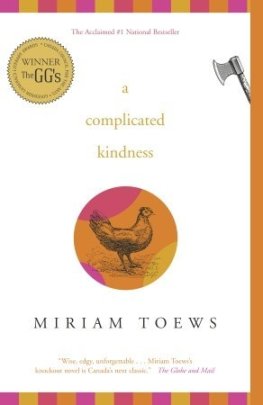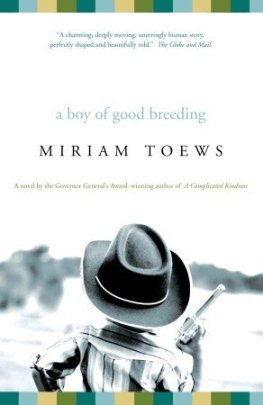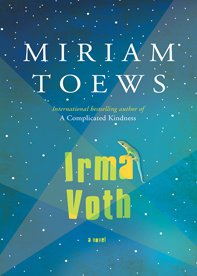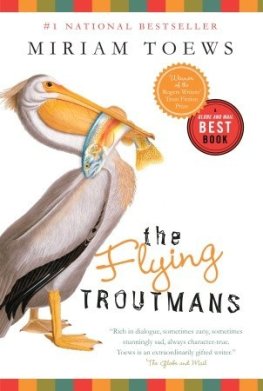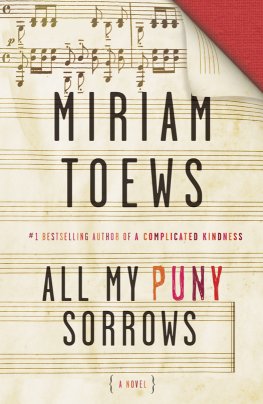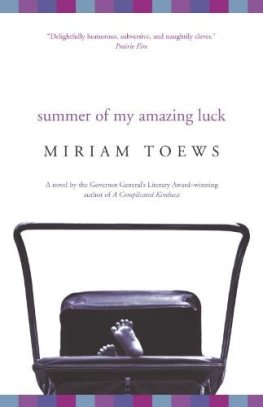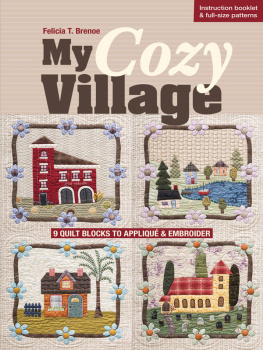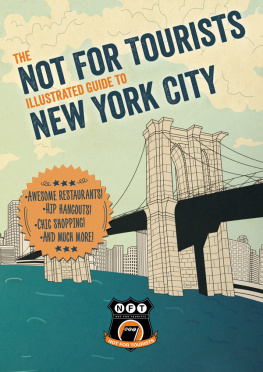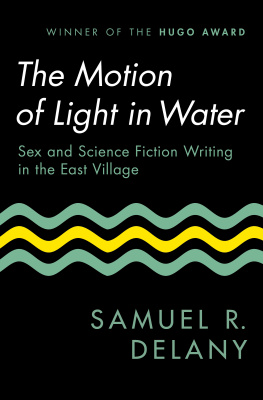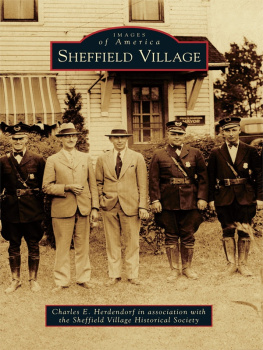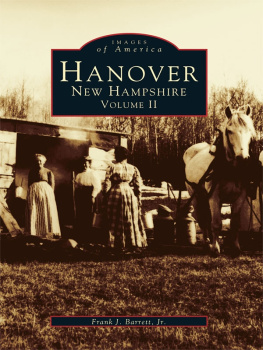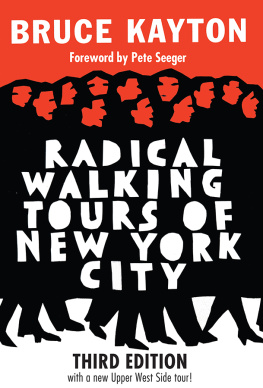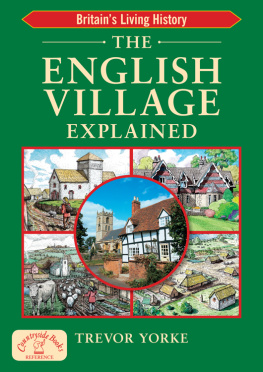Miriam Toews
A Complicated Kindness
I live with my father, Ray Nickel, in that low brick bungalow out on highway number twelve. Blue shutters, brown door, one shattered window. Nothing great. The furniture keeps disappearing, though. That keeps things interesting.
Half of our family, the better-looking half, is missing. Ray and I get up in the morning and move through our various activities until its time to go to bed. Every single night around ten oclock Ray tells me that hes hitting the hay. Along the way to his bedroom hell stop in the front hallway and place notes on top of his shoes to remind him of the things he has to do the next day. We enjoy staring at the Northern Lights together. I told him, verbatim, what Mr. Quiring told us in class. About how those lights work. He thought Mr. Quiring had some interesting points. Hes always been mildly interested in Mr. Quirings opinions, probably because hes also a teacher.
I have assignments to complete. Thats the word, complete. Ive got a problem with endings. Mr. Quiring has told me that essays and stories generally come, organically, to a preordained ending that is quite out of the writers control. He says we will know it when it happens, the ending. I dont know about that. I feel that there are so many to choose from. Im already anticipating failure. That much Ive learned to do. But then what the hell will it matter to me while Im snapping tiny necks and chucking feathery corpses onto a conveyor belt in a dimly lit cinder-block slaughterhouse on the edge of a town not of this world. Most of the kids from around here will end up working at Happy Family Farms, where local chickens go to meet their maker. Im sixteen now, young to be on the verge of graduating from high school, and only months away from taking my place on the assembly line of death.
One of my recurring memories of my mother, Trudie Nickel, has to do with the killing of fowl. She and I were standing in this farmyard watching Carson and his dad chop heads off chickens. Youd know Carson if you saw him. Carson Enns. Arm-farter in the back row. President of the Pervert Club. Says hes got a kid in Pansy, a small town south of here. Troubled boy, but thats no wonder considering he used to be The Snowmobile Suit Killer. I was eight and Trudie was about thirty-five. She was wearing a red wool coat and moon boots. The ends of her hair were frozen because she hadnt been able to find the blow-dryer that morning. Look, shed said. She grabbed a strand of hair and bent it like a straw. Shed given me her paisley scarf to tie around my ears. I dont know exactly what we were doing at Carsons place in the midst of all that carnage, it hadnt started out that way Im pretty sure, but I guess carnage has a way of creeping up on you. Carson was my age and every time he swung the axe hed yell things at the chicken. He wanted it to escape. Run, you stupid chicken! Carson, his dad would say. Just his name and a slight anal shake of the head. He was doing his best to nurture the killer in his son. It was around 4:30 in the afternoon on a winter day and the light was fading into blue and it was snowing horizontally and we were all standing under a huge yellow yard light. Well, some of us were dying. And Carson was doing this awful botch job on a chicken, hacking away at its neck, not doing it right at all, whispering instructions on how to escape. Fly away, idiot. Dont make me do this. Poor kid. By this time hed unzipped the top half of his snowmobile suit so it kind of flapped around his waist like a skirt, slowing him down, and his dad saw him and came over and grabbed the semi-mutilated chicken out of Carsons little mittened hand and slapped it onto this wooden altar thing he used to do the killing and brought his axe down with incredible speed and accuracy and in less than a second had created a splattery painting in the snow and I was blown away by how the blood could land so fast and without a single sound and my mom gasped and said look, Nomi, its a Jackson Pollock. Oh, its beautiful. Oh, she said, cloths of heaven. That was something she said a lot. And Carson and I stood there staring at the blood on the snow and my mom said: Just like that. Who knew it could be so easy.
I dont know if she meant its so easy to make art or its so easy to kill a chicken or its so easy to die. Every single one of those things strikes me as being difficult to do. I imagine that if she were here right now and I was asking her what she meant, shed say what are you talking about and Id say nothing and that would be the end of it.
Its only because shes gone that all those trivial little things from the past echo on and on and on. At dinner that night, after the slaughter at Carsons place, she asked us how we would feel if for some reason we were all in comas and had slept right through the summer months and had woken up around the middle of November, would we be angry that we had missed the warmth and beauty of the summer or happy that we had survived. Ray, who hates choosing, had asked her if we couldnt be both and shed said no, she didnt think so.
Trudie doesnt live here any more. She left shortly after Tash, my older sister, left. Ray and I dont know where either one of them is. We do know that Tash left with Ian, who is Mr. Quirings nephew. Hes double-jointed and has a red Ford Econoline van. Trudie seems to have left alone.
Now my dad, you know what he says in the middle of those long evenings sitting in our house on the highway? He says: Say, Nomi, how about spinning a platter. Yeah, he uses those exact butt-clenching words. Which means he wants to listen to Anne Murray singing Snowbird, again. Or my old Terry Jacks forty-five of Seasons in the Sun. I used to play that song over and over in the dark when I was nine, the year I really became aware of my existence. What a riot. We have a ball. Recently, Rays been using the word stomach as a verb a lot. And also the word rally. We rally and we stomach. Ray denied it when I pointed it out to him. He says were having a good time and getting by. Why shouldnt he amend? He tells me that life is filled with promise but I think he means the promise of an ending because so far I havent been able to put my finger on any other. If we could get out of this town things might be better but we cant because were waiting for Trudie and Tash to come back. Its been three years so far. My period started the day after Trudie left which means Ive bled thirty-six times since theyve been gone.
This town is so severe. And silent. It makes me crazy, the silence. I wonder if a person can die from it. Theres an invisible force that exerts a steady pressure on our words like a hand to an open, spurting wound. The town office building has a giant filing cabinet full of death certificates that say choked to death on his own anger or suffocated from unexpressed feelings of unhappiness. Silentium. The only thing you hear at night is semis barrelling down the highway carting drugged animals off to be attacked with knives. Do not make eye contact with those cows. People here just cant wait to die, it seems. Its the main event. The only reason were not all snuffed at birth is because that would reduce our suffering by a lifetime. My guidance counsellor has suggested to me that I change my attitude about this place and learn to love it. But I do, I told her. Oh, thats rich, she said. Thats rich.
Were Mennonites. As far as I know, we are the most embarrassing sub-sect of people to belong to if youre a teenager. Five hundred years ago in Europe a man named Menno Simons set off to do his own peculiar religious thing and he and his followers were beaten up and killed or forced to conform all over Holland, Poland and Russia until they, at least some of them, finally landed right here where I sit. Ironically, they named this place East Village, which, I have learned, is the name of the area in New York City that I would most love to inhabit. Others ran away to a giant dust bowl called the Chaco, in Paraguay, the hottest place in the world. My friend Lydia moved here from Paraguay and has told me stories about heat-induced madness. She had an uncle who regularly sat on an overturned feed bucket in the village square and screamed for his brain to be returned to him. At night it was easier to have a conversation with him. We are supposed to be cheerfully yearning for death and in the meantime, until that blessed day, our lives are meant to be facsimiles of death or at least the dying process.

